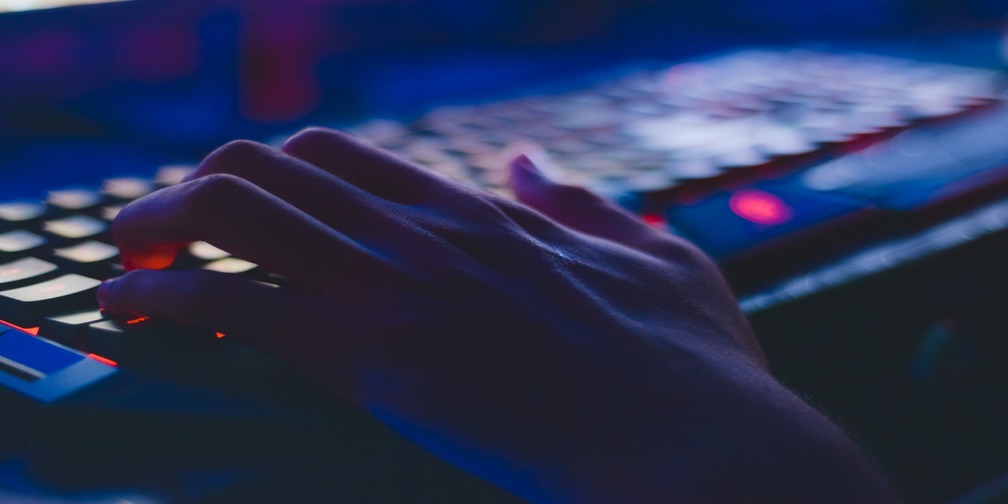Top 10 Computer Safety Tips
Technology | 26-12-2019 | Uchenna Ani-Okoye

One thing we all hate is the fact that companies and computers are constantly under attack, by cybercriminals. The realities of our time, dictates that being hacked is simply a matter of time, and all we can hope to do, is minimise it.
We live in an era of cryptocurrencies and ransomware, which has made hacking of individual computers are far more lucrative venture, than ever before. It’s for this reason we want to secure our systems.
Below are 10 things that you’ll want to do, to ensure that your system never gets hacked:
1. Use Strong Passwords
You want your passwords to be strong, so it’s important that you use a combination of special characters, numbers and letters. The longer and more complicated you make your password, the better. You also want to use different passwords for different accounts. Two-factor authentication is another thing I recommend you look into.
To help manage all these different passwords, you should use a password manager tool. Most of the top web browsers have the ability to save the passwords that you type in, so make sure that’s enabled. There are also third party tools that are capable of monitoring and saving your credentials for each account you sign into. You just need to remember the one password to access the password manager.
2. Be Wary Of Portable Drives
When in public spaces, you want to minimise the use of portable devices, such as flash drives etc. This is because there are certain software that are capable of automatically copying data to these devices, to siphon data off it, the moment you plug them in. Additionally, you most certainly want to avoid using portable drives that contain sensitive information.
3. Backup Your Data
When it comes to data security, you want to ensure that you always back up your stuff. We live in a time where backing up ones data is very cheap and accessible. Cloud storage is something you should definitely look into, as a cheap and effective option. Data loss is a serious issue that you never want to fall prey to.
4. Control Your Email
When it comes to attachments within emails, it’s probably best that you do so with extreme caution, and in most cases, you don’t do it at all. This is especially true, when receiving unsolicited emails. That said, there are attacker’s that are capable of using friends and family members email accounts to send you viruses within emails.
Attackers are also capable of hiding the virus within the email itself, via HTML. So stick with plain text, just to be safe.
5. Pay Attention to Keyloggers
There are small programs that are designed to record everything that you do while on your system. These programs are easily accessible and even easier to install on your system. Which they can later check, to find out what you’ve been doing. All of which can be done, without your knowledge. For this reason, you should never use your credit card or type any confidential login details into a public computer.
6. Use VPN
For extra security you should consider using a virtual private network to connect to networks, work systems and even public computers. When a VPN is used, all data that is sent to and from your system is encrypted, this means it cannot be stolen and interpreted. This is especially crucial when using public wireless hotspots.
7. Use Antivirus Software
You want to extensively install internet security software on your computer that is capable of scanning and detecting viruses and other malicious content. With the right tool, you will be able to scan emails, including the attachments within them. Most of these virus scanners can be setup to automatically scan files, and check for the latest virus definitions.
8. Don’t Put Confidential Data on Social Media
You don’t want cybercriminals and thieves to know where you live, when you’re out on vacation, nor do you want them to know the software you use. All this crucial information can be used by criminals to better target their victims.
9. Be Aware of Policies
Before using any public system, for example, it’s very important that you’re aware of the rules and policies surrounding its usage. You will usually find it stuck to a wall, near the system, or at least somewhere easily viewable. It should tell you what rights you have, to the system, and what kind of things you can do while on the system.
10. Encrypt Your Data
If you encrypt your data, then thieves, in the event that they steal your system, will never be able to access your data, on it. There are many encryption tools out there, but the default encryption tool that comes with Windows should be sufficient. Providing you use a strong password – so I say, run with that.


.jpg)

.jpg)
.jpg)
.jpg)
.jpg)
.jpg)

